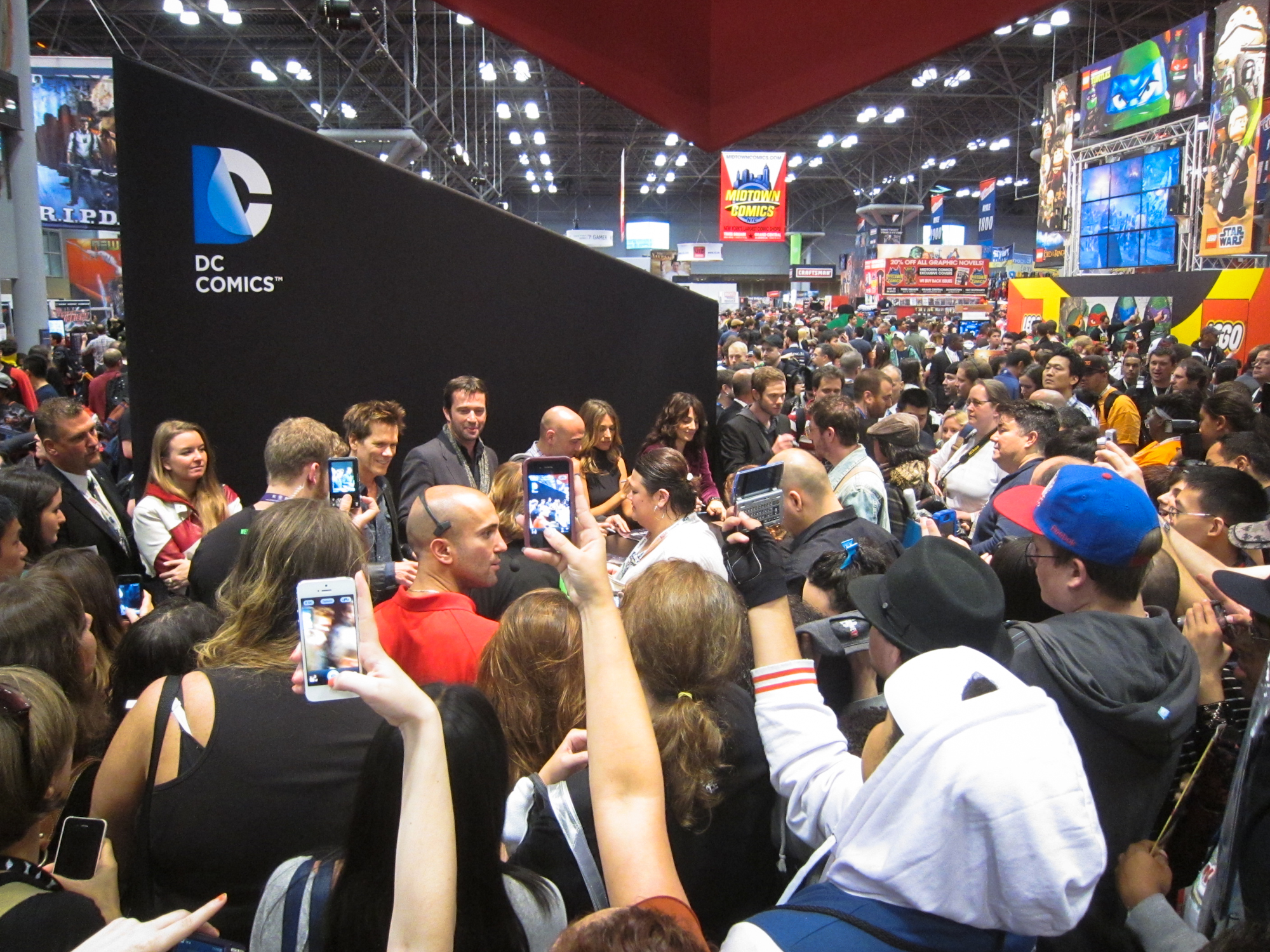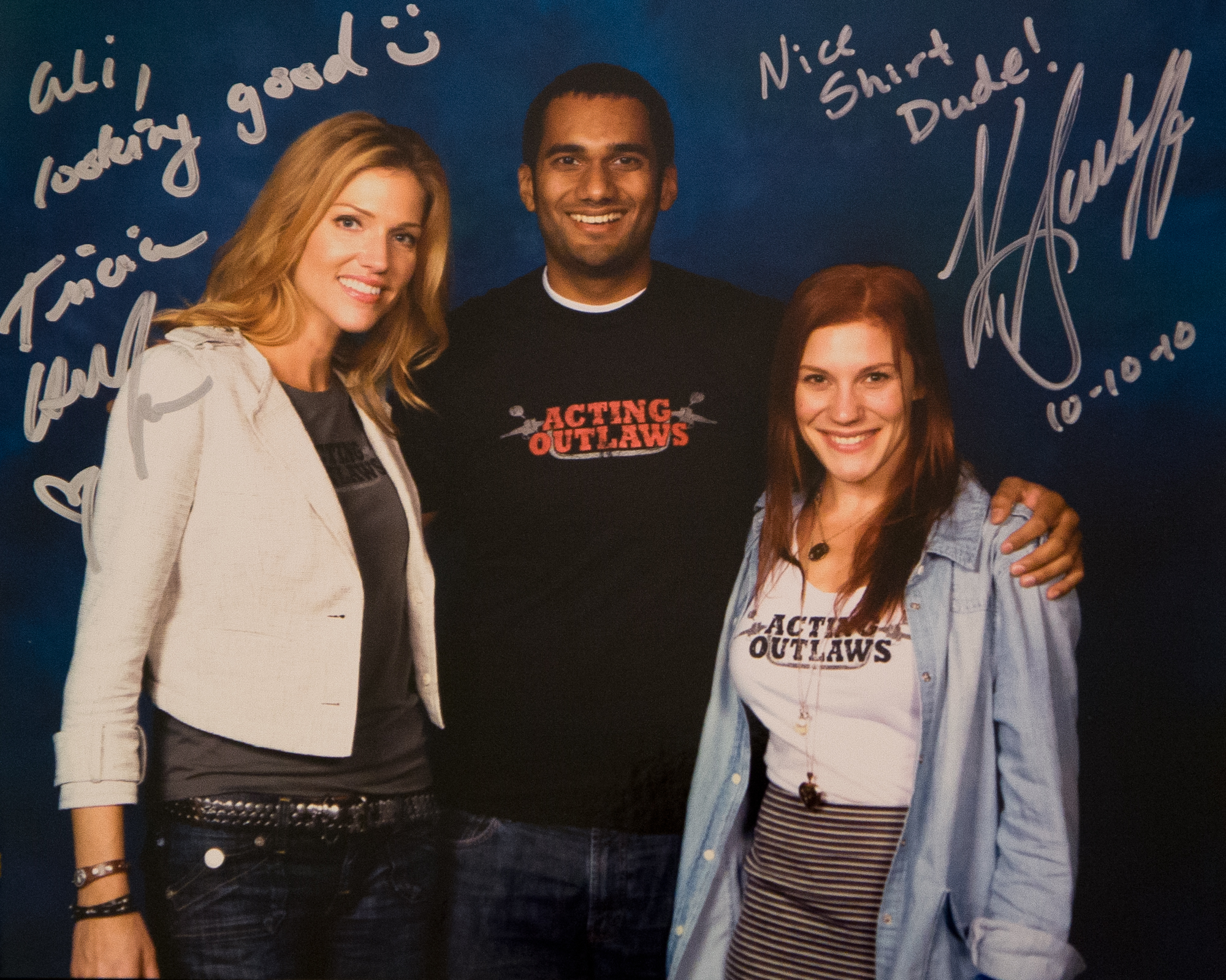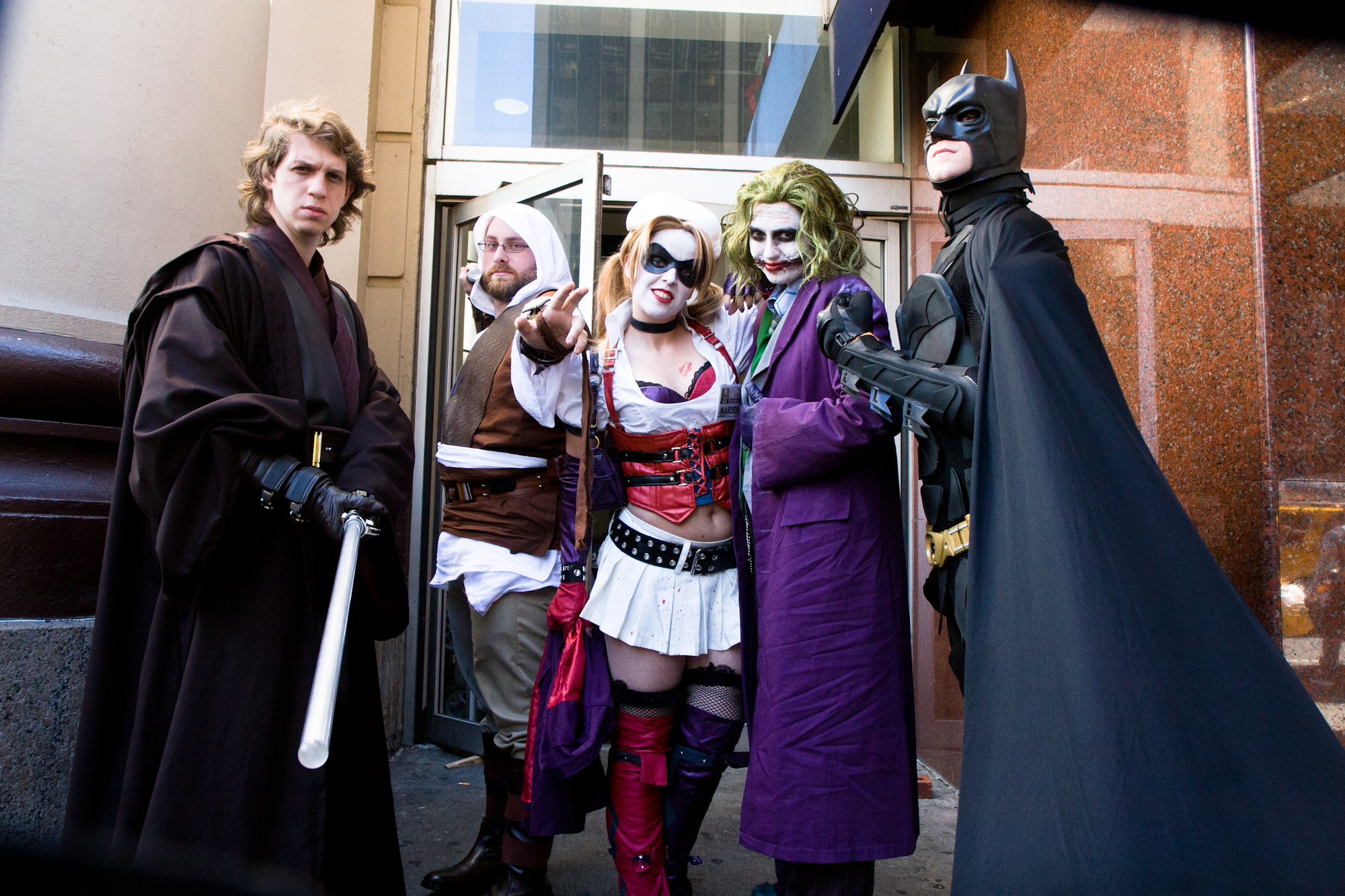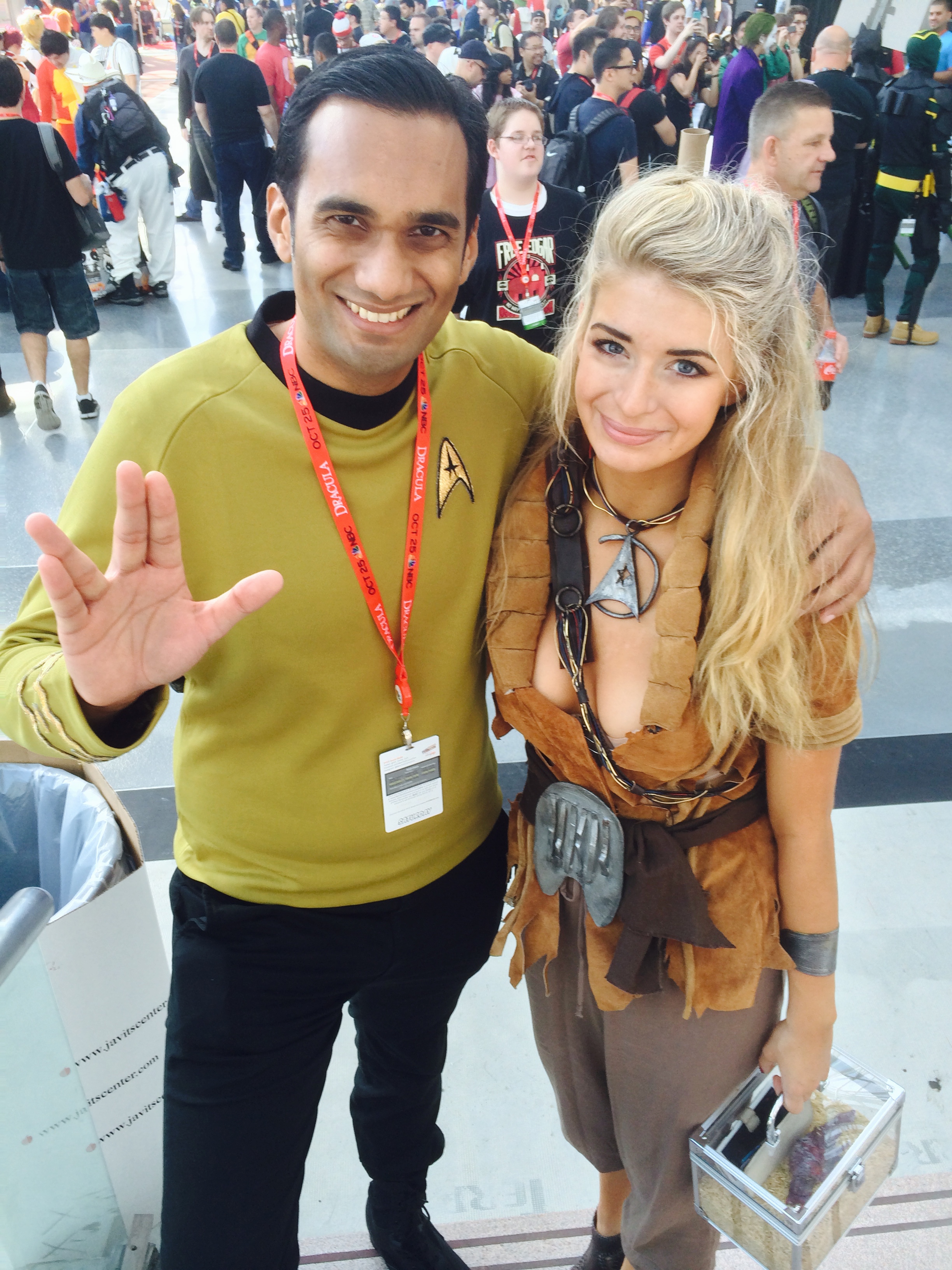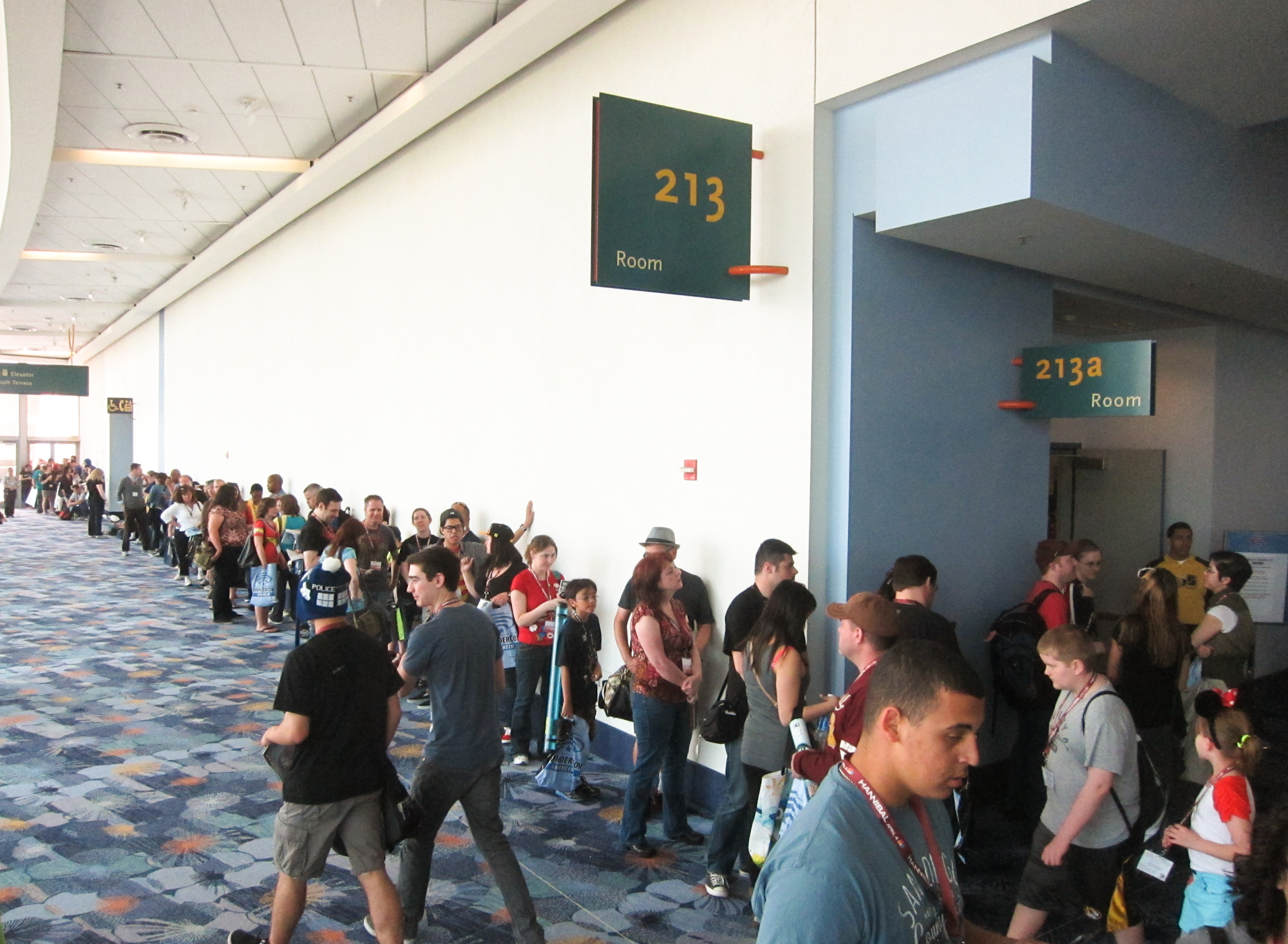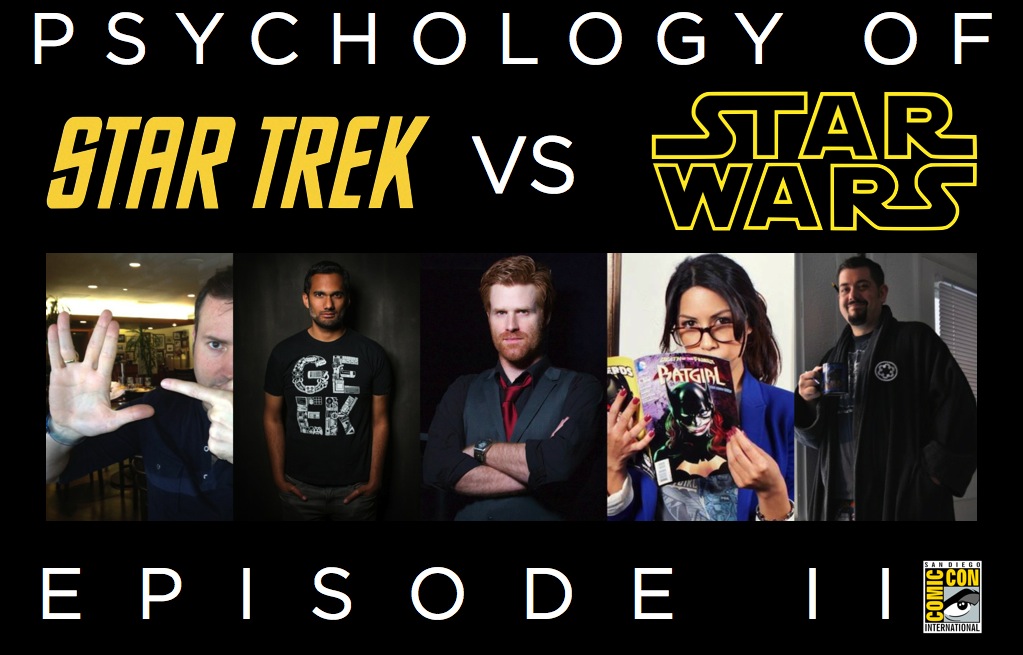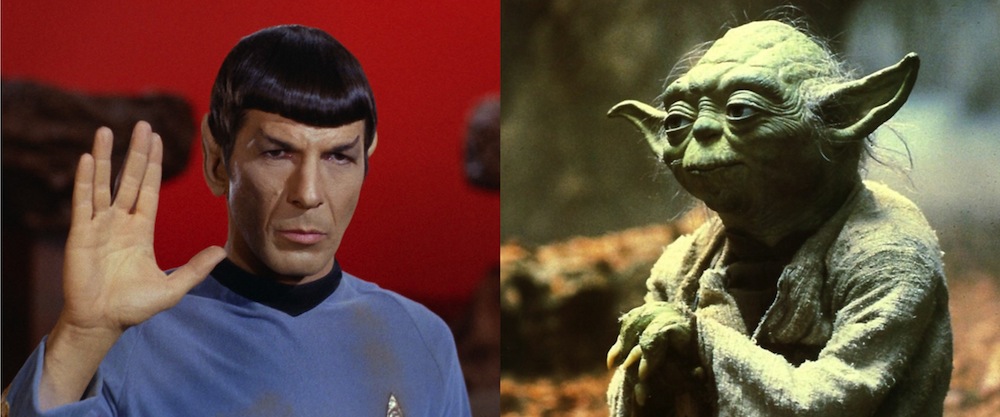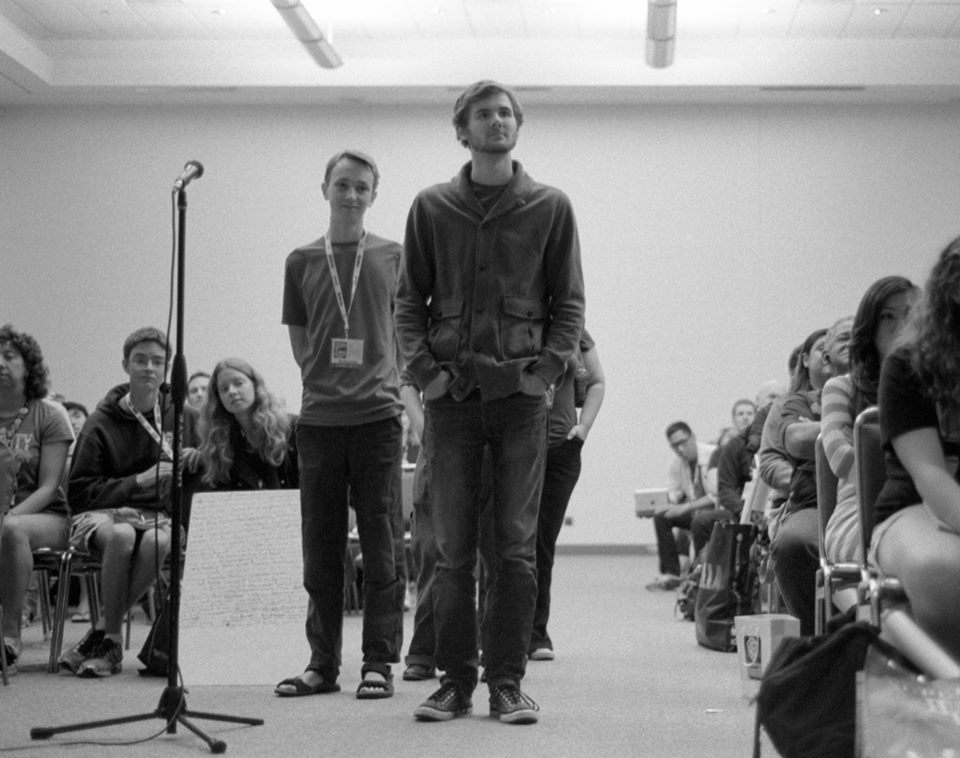When non-geeks find out I'm a geeky psychologist, we always end up talking about comic-cons.
"What's the deal with all those weird people who dress up?"
"You mean cosplay?" I reply. "It's a cool way to celebrate a character you love, kinda like Halloween. I cosplay as Captain Kirk all the time."
"X-Men and the Avengers are cool but I'm not one of those loners who can't separate fiction from reality."
It always bums me to hear that, people discounting something they haven't tried.
"Comic-con people are actually really friendly. Some of the coolest people I know I randomly met at a convention."
And then there’s my favorite...
"There's got to be something wrong with people who go to comic-cons! Why would anyone stand in line for hours just to see a glimpse of a new movie?"
"People stand in line for all kinds of things they're excited about like a special sale, a new amusement park ride, their favorite band, or a big sports game."
Since this conversation keeps coming up, I wanted to set the record straight and share my guide to geek conventions. I present to you now the good, bad, and ugly psychology of comic-cons.
What’s comic-con?
Comic book conventions are just one type of fan gathering. There are others – Star Trek conventions, Star Wars celebrations, video game and tabletop gaming expos, anime conventions, and many more. Regardless of the focus, they're all organized the same way. You can attend panels to learn about a topic, see celebrities, talk to artists and writers, shop at huge exhibit halls, and meet people who like the same stuff you do.
Some of my favorite memories from past comic-cons:





